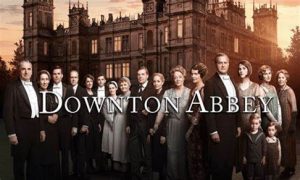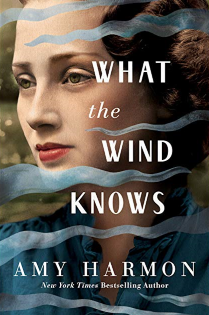![]()
![]()

We originally started watching Downton Abbey in box set form – and there are a lot of episodes. Great entertainment, but in the end, we stopped watching. Like any soap opera, the twists and turns in the plot seemed more to do with maintaining peak audiences rather than telling a story.
And then Downton Abbey the film appeared in our local cinema. Great. Watch the finale, and cut out the box sets. We had seen enough to know who the main characters were. We had followed the story of Lady Sybil and the romance with the chauffeur, Tom Branson and cried when she died. But we had stopped watching when the unending sage of Bates, and the rise and fall of his fortunes that stretched the bounds of credulity.
The film is a great feel good movie and ends with lots of happy ever afters and the promise of even more. The King and Queen are coming to Downton (Edward VII and Queen Mary) – just staying for the night. Apparently, you do not invite the monarch, the monarch invites themselves. And turns up with retinue, takes over the running of your house and the kitchens. But it is a great honour. And everyone bows and curtseys and melts into extreme sycophancy. Anyone for a republic?
The film is unlikely to be a candidate for the Oscars and possibly does nothing to promote the monarchy, but is quite entertaining, although the ending was just a little too drawn out in its syrupy sweetness.

 I must admit, I was giving up with finding a good read. There is an awful lot of dross out there. But this book is different. A love story, an historical account and a little bit of time travel. I must admit that at times I was reminded of “The Time Traveller’s Wife” by Audrey Niffenegger at times. Once time travel enters into the equation, questions about predestination arise, and the circularity of time, and as is so often in Dr Who plots, the question of if and how the timeline can be changed. This book is a glorious mix of romance, history, politics and science fiction at its best. Definitely a “Margaret’s recommendation”.
I must admit, I was giving up with finding a good read. There is an awful lot of dross out there. But this book is different. A love story, an historical account and a little bit of time travel. I must admit that at times I was reminded of “The Time Traveller’s Wife” by Audrey Niffenegger at times. Once time travel enters into the equation, questions about predestination arise, and the circularity of time, and as is so often in Dr Who plots, the question of if and how the timeline can be changed. This book is a glorious mix of romance, history, politics and science fiction at its best. Definitely a “Margaret’s recommendation”.